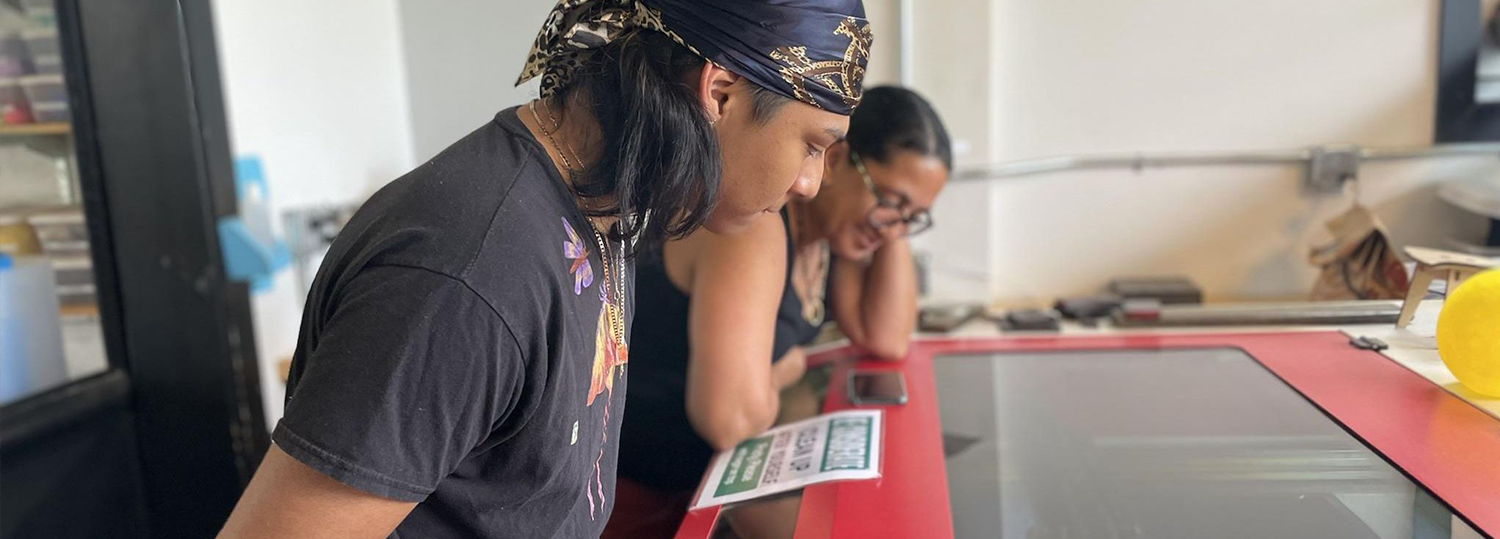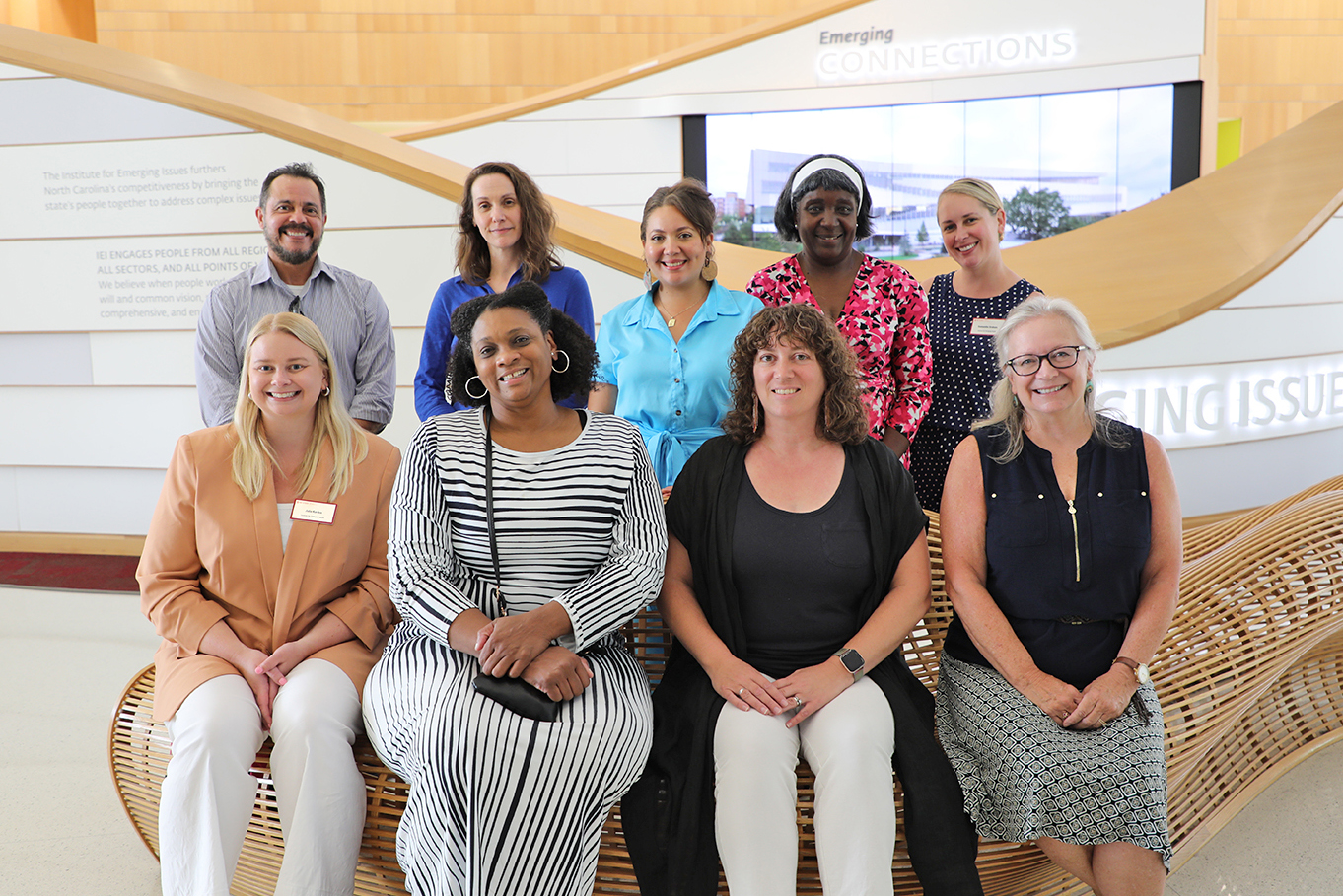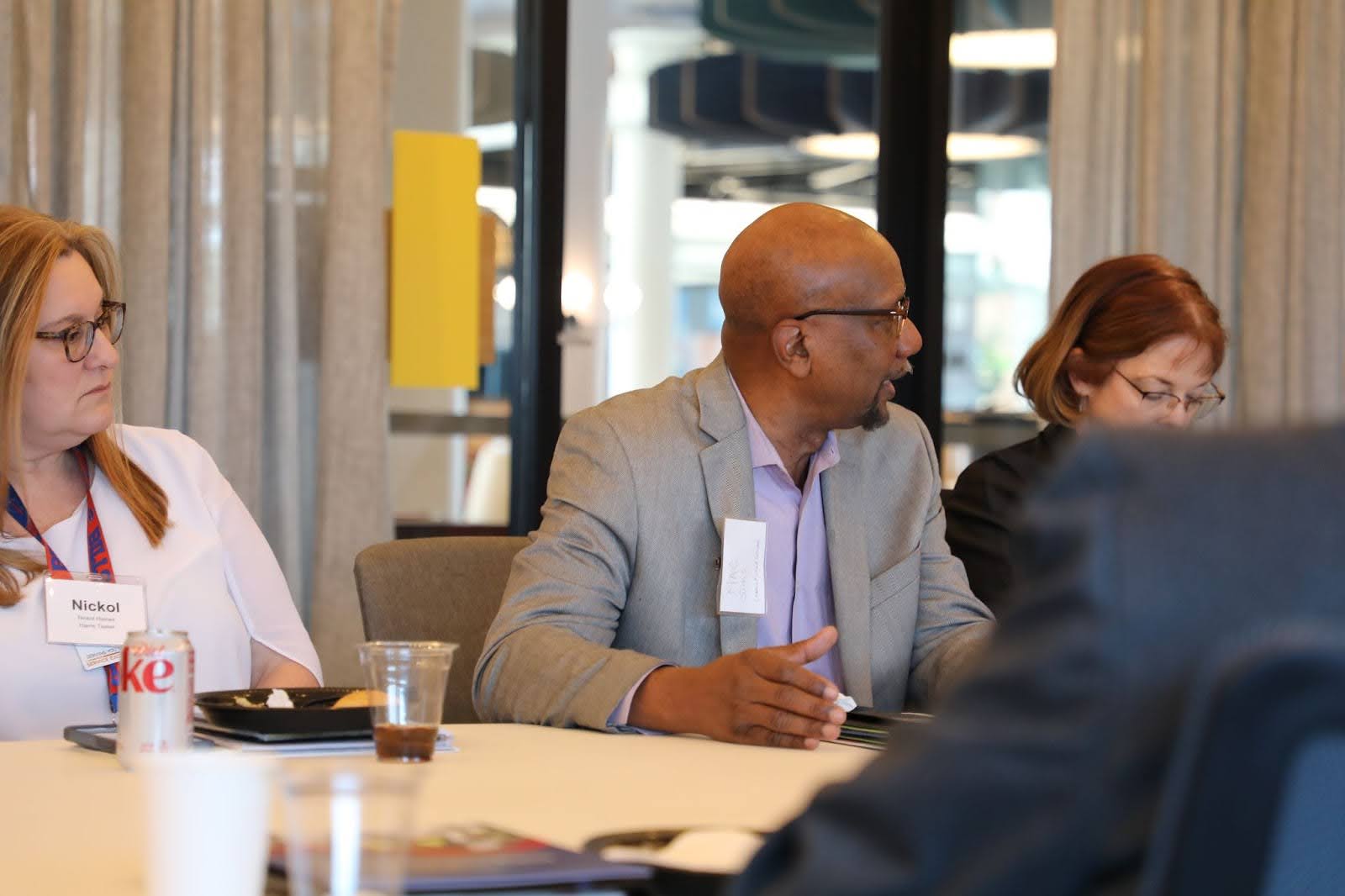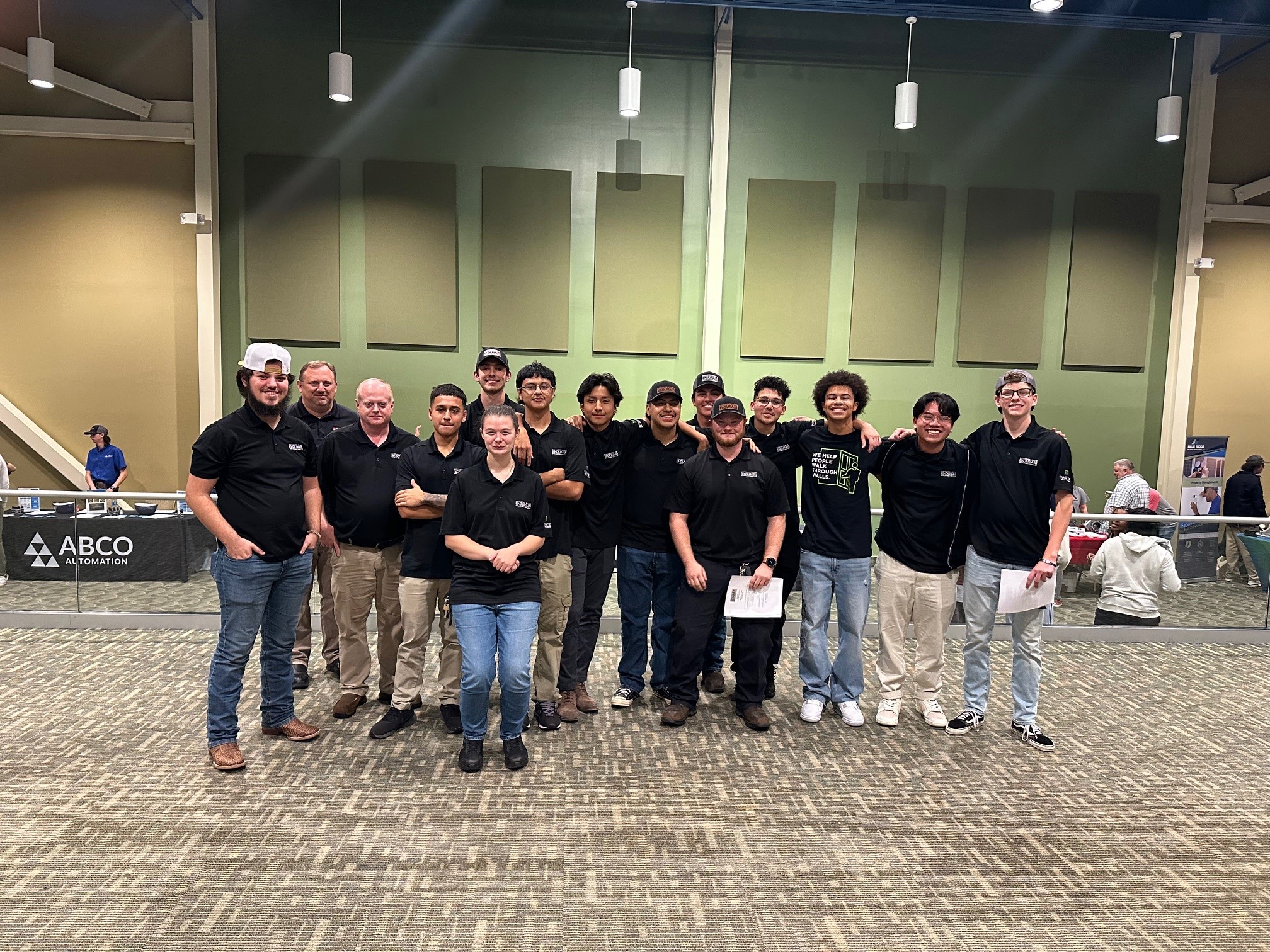Mixxer Community Makerspace (Reconnect to Community)

Mixxer is a makerspace: a building kitted out with a wide array of hardware, ranging from lathes, drill presses, and sewing machines to laser cutters, 3D printers, and arduino kits. More importantly, it is a place that calls together inventors, artists, educators, students, where they can mingle, learn from, and inspire one another. “That’s the reason we call this makerspace Mixxer,” founder and executive director Alan Shelton explains, “what makes these spaces special is not the technology… it’s the knowledge that people bring with them… people with very different backgrounds, who frame problems very differently, but solve problems together in truly innovative ways.” In these respects, Mixxer is more than a place, it is “a community of makers,” where members share tools and expertise.
From Alan’s perspective, the technology of this world is in constant flux; as such, one’s capacity to learn to work with new tools, and take on lifelong learning habits, is an essential component of modern professionalization. In his early adulthood, he worked as an automotive technician, where he learned the practical realities of running a machine shop. For years, he did electrical work, installing security systems and managing small teams. As time progressed, the technology underlying these systems became easier to work with, requiring less skill on the part of the technician, meaning fewer options for professional advancement. He left that job, went back to school, doing a mixture of charity work and odd jobs in the process. He ended up collaborating with a model maker, DeEtta, who urged him to develop a model for a highway beautification project. Alan teamed up with a colleague and developed scale drawings for the arches and landscapes of the model. Then, almost fatefully, DeEtta took Alan to Forsyth Tech and taught him how to use a laser cutter.
The experience of using that laser cutter was transformative for Alan, “as soon as I saw how easy it was to take a drawing and have a machine cut those pieces for me, I realized I could do this.” It wasn’t just the tool, but the whole circumstance of it: working on a complex project, learning to use new tools, while leveraging the expertise of differently trained colleagues—left him with a sense of empowerment. To an extent, the idea behind Mixxer came into being both because of, and in a desire to recreate (for others) experiences such as this one.
The Mixxer space was created by many hands and many efforts coming together. From 2014-2016, Alan held meetings, soliciting input, building partnerships, and exploring avenues for funding; gradually developing a plan for what the space would become. In 2016-2017, Alan secured support through the Kenan Institute’s Creative Catalyst Initiative (sponsored by IEI) and additional funding through several donors (David Mounts Foundation, The Winston-Salem Foundation, DataMax Foundation), giving him the capital to lease and retrofit a property in downtown Winston-Salem, readily accessible via public transportation. After the plumbers and electricians did their work, the space itself was built by the community of makers.
“We had 30 members before the space had any tools,” recalls Alan, “but people showed up at the very beginning and… we had painting parties: six and a half hours on a Saturday where a group of us would just paint a room. […] We put the ‘ask’ out around the community, looking for obsolete computers, because even if it’s old, there’s probably some useful parts in it… so, we had a big pile of computer parts, and we were able to make 11 computers for our lab… we built everything by working together.”
In the time since its opening, Mixxer’s membership has grown to about 170, ranging from high school and college students to professors, teachers, architects, and craftsmen. The projects developed by the community are eclectic in a way that defies simple categorization: an entrepreneur makes charging racks for electrical bikes; an educator makes 3D models of bacteria for visually impaired students; an engineer designs a precision kettle for perfectly brewed tea; a craftsman carves and assembles a composite, wooden cutting board; and an artisan fashions felt flowers, whose intricate petals are cut by a laser. They share a space together, work and learn together, celebrating their community.
“All of these widely different examples have something very important in common,” said Alan. “They need access to resources they don’t have, or can’t afford, or are not yet aware of, and creating this connection point makes it possible for more people to access these resources.”
When the COVID-19 lockdown came into effect, and there was a shortage of personal perspective equipment, the Mixxer community did what it could to help. Many stitched their own face masks, while the staff collaborated with medical and material specialists, laser-cutting face shields for doctors. After the shortfalls were addressed, a handful of staff and members worked with a doctor to develop a treatment prototype (a heated breathing apparatus, designed to denature viral colonies in the lungs), yielding a peer-reviewed publication. During this time (before the lockdown restrictions were relaxed), a pair of high school students used the downtime to repair broken tools and organize equipment, helping ensure that the work at Mixxer could continue.
Just as Mixxer has been supported by its community, the space strives to give back. Mixxer offers a variety of workshops, all focused on some form focused on making, with many attuned to a STEAM curriculum. Through its funding partners and fundraising efforts, Mixxer has been able to subsidize the costs of these classes, making them more accessible to low-income students. At present, they are working to create a scholarship program that will offset (in some cases, almost completely) the cost of membership to the space. Furthermore, Mixxer is working with other stakeholders (i.e. artists, craftsmen, and inventors) to develop larger community events—at least, once the pandemic is over.
From Alan’s perspective, the greatest challenge Mixxer, and maker spaces in general, face, is one of visibility. Through festivals and outreach programs, they are trying to make the community aware “that we exist, why we exist… and how our work is valuable.” Simply put, he’s seen what his community is capable of, and how powerful they can be when they collaborate and coordinate. His hope is, events like “steamroller printmaking” and molten “iron pours” will grab the public’s attention for just long enough that they will be able to see the value for themselves.
Written by Chris Kampe.
- Categories:


